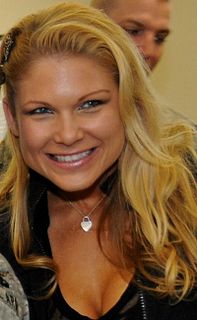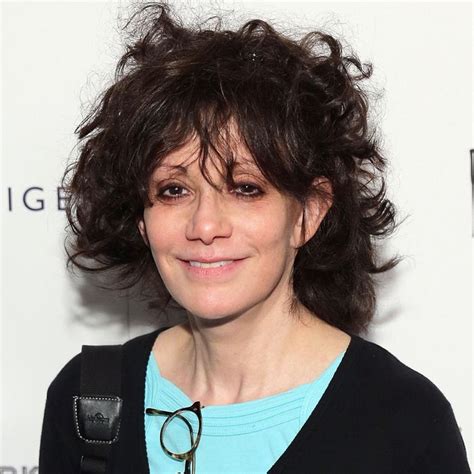A Quote by Richard Branson
I had no plans to be an entrepreneur. I just wanted to be a journalist and write for a magazine. At 15, I just decided to leave school and launch a national student magazine.
Related Quotes
I set up this magazine called Student when I was 16, and I didn't do it to make money - I did it because I wanted to edit a magazine. There wasn't a national magazine run by students, for students. I didn't like the way I was being taught at school. I didn't like what was going on in the world, and I wanted to put it right.
My very first venture was a national student magazine to try to campaign against the [Vietnam] War. And so I wanted to be an editor. I wanted to bring the magazine out. And in order for the magazine to survive I had to worry about the printing and the paper manufacturing and the distribution. And, you know, I had to try to, at the end of the year, have more money coming in than going out.
I don't think I had a role model. I just was very inspired by an article which I read in Forbes magazine around the information superhighway and the Arpanet and stuff like that. To me, that intuitively made sense, and when I decided to come to the U.S., I knew exactly what I wanted to go and write about.
I have written some poetry and two prose books about baseball, but if I had been a rich man, I probably would not have written many of the magazine essays that I have had to do. But, needing to write magazine essays to support myself, I looked to things that I cared about and wanted to write about, and certainly baseball was one of them.
One time I was doing an interview for a gay magazine and halfway through the journalist found out I wasn't gay. He said, 'Sorry, I can't continue the interview.' Because they only had gay public figures in their magazine. I felt so crestfallen. I wanted to tell him: but I play fundraisers for gay marriage! I'd rather my kids were gay than straight!'
I got an offer at 'Vogue.' And I desperately wanted to work in magazines. My interest wasn't in fashion, but when you get an offer right out of college for a magazine that big - I decided that it was probably better to start at a big name magazine, even if I wasn't necessarily fascinated with the subject.
































